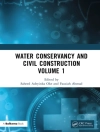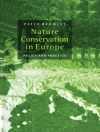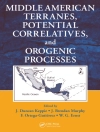Approximately 3 million gallons of oil or refined petroleum products are spilled into U.S. waters every year. Oil dispersants (chemical agents such as surfactants, solvents, and other compounds) are used to reduce the effect of oil spills by changing thechemical and physical properties of the oil. By enhancing the amount of oil thatphysically mixes into the water, dispersants can reduce the potential that a surfaceslick will contaminate shoreline habitats. Although called for in the Oil Pollution Actof 1990 as a tool for minimizing the impact of oil spills, the use of chemical dispersantshas long been controversial. This book reviews the adequacy of existing informationand ongoing research regarding the effectiveness of dispersants as an oil spillresponse technique, as well as the effect of dispersed oil on marine and coastalecosystems. Oil Spill Dispersants also includes recommended steps for policy makersfaced with making hard choices regarding the use of dispersants as part of spill contingencyplanning efforts or during actual spills.
Committee on Understanding Oil Spill Dispersants: Efficacy and Effects & Division on Earth and Life Studies
Oil Spill Dispersants [PDF ebook]
Efficacy and Effects
Oil Spill Dispersants [PDF ebook]
Efficacy and Effects
购买此电子书可免费获赠一本!
语言 英语 ● 格式 PDF ● 网页 396 ● ISBN 9780309547932 ● 出版者 National Academies Press ● 发布时间 2005 ● 下载 3 时 ● 货币 EUR ● ID 7146799 ● 复制保护 Adobe DRM
需要具备DRM功能的电子书阅读器












